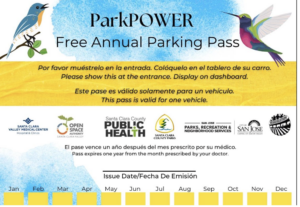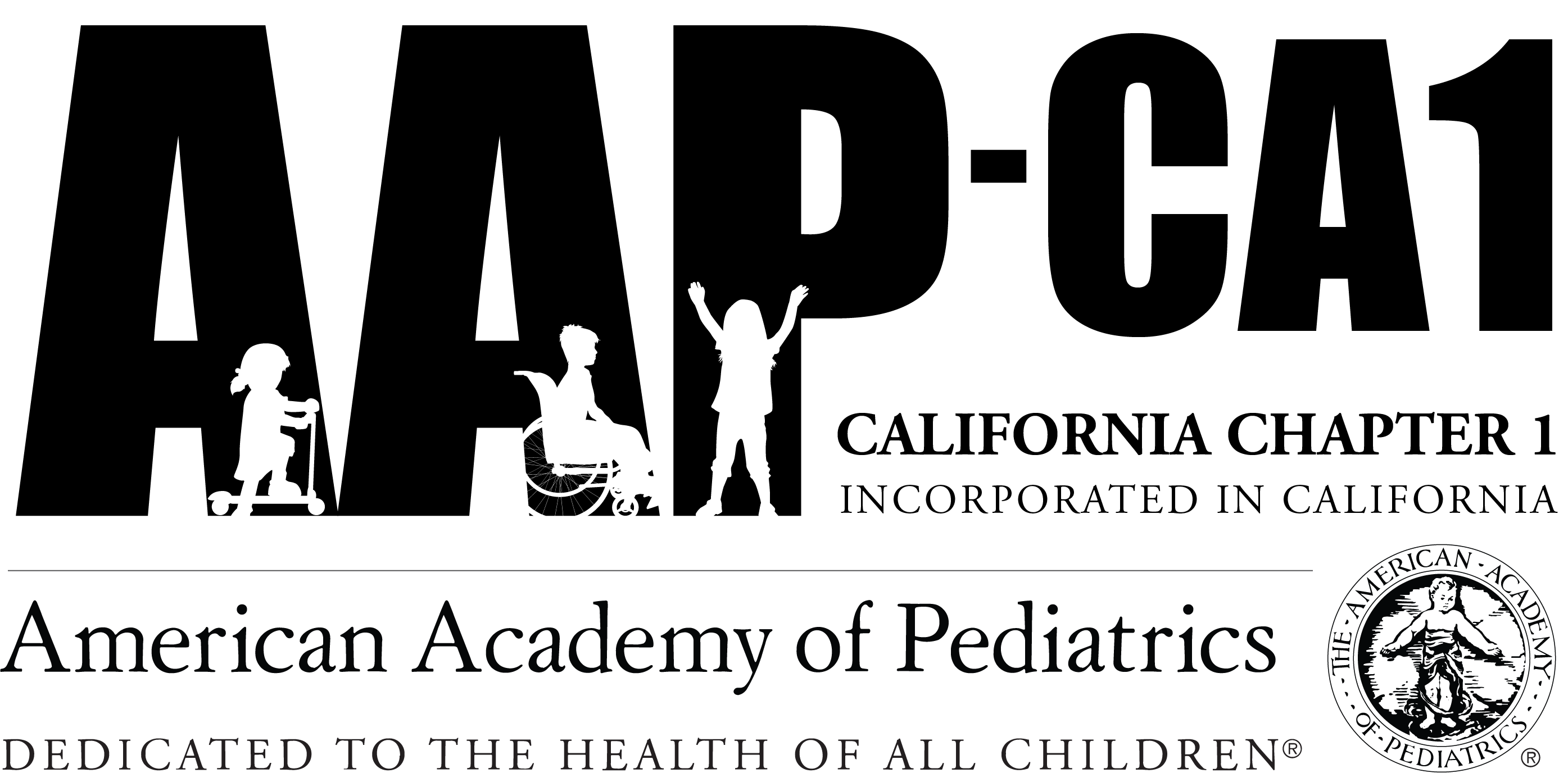What’s Up Docs? Article
Amna Khan, EDI Champion, MD, FAAP
Posted June 5, 2024

As the weather turns toward perpetual bright, blue skies and warm sunshine, our pull heightens to spend much-needed, unplugged time enjoying nature and its many innumerable benefits. Although intuitive, research substantiates that equitable access to clean and safe green spaces is essential to both our mental and physical well-being. Spending time in natur
e, listening to nature sounds, smelling the aroma of trees and green vegetation, getting your hands in the dirt, eating whole foods, and seeing views of nature helps decrease stress, anxiety, and depression, improves our immune response, improves our sleep, enhances cognitive performance and development, improves post-surgery recovery times, and mitigates the effects of ACES. Exposure to nature even helps us feel more connected to others and the world around us.
But not everyone can access these safe green spaces and the wealth of benefits they provide. Studies show that under-resourced communities, especially communities of color often live near smaller, more crowded parks that have broken equipment and more asphalt than green space. These same communities often lack access to transportation or can’t afford entry fees into parks outside of their neighborhoods that may offer more green space. When asked directly, many of our patients who live in under-resourced communities describe a myriad of reasons they are unable to walk safely within their neighborhoods or take their children to local parks.
How can we creatively ameliorate this lack of access?
This month in our Equity Column, we focus on one example of how pediatricians champion patient access to the outdoors with a program entitled “Park POWER”. Park POWER is one of several health interventional programs aimed at helping patients gain access to the benefits of nature. These programs were developed through collaboration with our Pediatrics Department, our local Department of Public Health, and our County Park system in Santa Clara County. Park POWER is our first program that allows every pediatrician in our county system to screen patients coming in for a Well Child Check for access to safe parks and green spaces and to provide each family with a free annual parking pass and additional resources such as information about family-friendly hikes and culturally appropriate and inclusive guided events for all.
For families who do not have access to transportation, the Park POWER program, along with our Public Health and County Parks partners, collaborate with the local transportation authority to identify safe parks and green spaces that are accessible by public transportation.
For more information about this amazing program, please visit:
https://scvmc.scvh.org/health-care-services/pediatrics/juntos-park
A special thank you to my colleague and friend, Dr Laurie Cammon for her continued expertise and dedication in disseminating this program to the children of our county and assisting me with drafting this month’s newsletter. Please reach out to Dr Cammon for additional information about Park POWER and how to replicate this program in your medical office at: laurie.cammon@hhs.sccgov.org.
For additional information about anything described in any of our Equity Corner columns, please reach out to me at thepeoplespediatrician@gmail.com. For additional child-focused, health equity resources and the link to subscribe to my monthly health equity newsletter, visit www.thepeoplespediatrician.com.
In solidarity,
Amna Khan, MD FAAP
EDI Champion, Chapter 1 AAP
Resources:
https://salud-america.org/research-latino-communities-lack-accessible-green-space/
https://salud-america.org/parks-are-smaller-hotter-more-crowded-where-people-of-color-live/
https://championprovider.ucsf.edu/blog/working-outside-clinic-address-health-inequities
